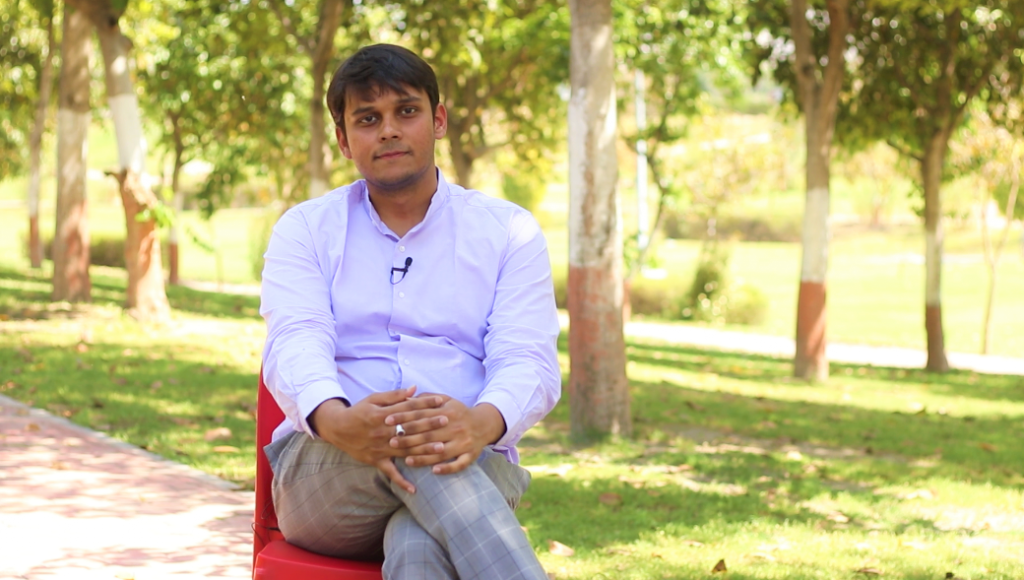
“We are all given certain roles to execute, what we want to become is our desire. The best way forward not only for you but for others as well, is to amalgamate the two,” says Prof. Deepanshu Mohan of Jindal Global School of International Affairs. His words make you wonder if you are speaking to a proponent of Philosophy. But he is in fact Associate Professor of Economics and the Director of Centre for New Economic Studies at O. P Jindal Global University. Growing up his two passions were cricket and theater. How he manages to incorporate the skills from both into his innings as an academic, sets the stage for an engaging interview.
Being a good sport
A Master of Science, Economic History from the prestigious London School of Economics, Deepanshu Mohan, is also the columnist on South Asia for his alma mater. He is also the Visiting Professor at Carleton University, Canada. It almost seems like he was meant to be an academic. But growing up in the city of Nawab’s- Lucknow, his first love remained cricket. “I started with gully cricket and slowly moved up to stadiums and got chosen for district level team. When I was training and leading teams, I learned a lot about coordination and team building. Today my work involves a lot of coordination and support with faculty members as well as students, so those skills definitely come quite handy in my role as an academic,” he says with a smile.
All the world’s a stage, academia included
Lack of parental support meant Mohan could not pursue a career in the sport. But that didn’t stop him from following his passion for theatre. He admits that his acute interest in drama began in his high school years and took him to the hallowed Prithvi Theatre in Mumbai where he performed a few times. Again, according to his philosophy, it wasn’t something he was meant to do but he does delve into the skills in the classroom. “I left theatre in my college days. My only way of revisiting it now is while I am teaching. Look, that’s a lot of theatre as well. We are all working on our own scripts,” he says. His answer is as profound as it is baffling; words that you imagine would describe his stage presence too.
The Influences that make an academic
Deepanshu went to college in Pune where he returned to teach after his stint with LSE. His sister, a consultant in Canada had to support his studies in London, in spite of his Commonwealth Scholarship. Today he teaches International Economics, Development Economics and interdisciplinary applications of Economics at JGU. The influences of living in these cities are seen in his work, the pedagogies imbibed in his teaching. “At LSE there were two aspects; lectures with 60 students and seminars or tutorials with 10 of us. We would be given questions and had to respond with a set of readings. That helped me connect with smaller groups of students, especially Masters students at JGU,” he reflects.
Enriching research experience for students
An avid researcher, Deepanshu has published on several topics. You ask him about his favorite work, and he surprises you with another thought-provoking retort. Sometimes research brings higher degree of satisfaction, not only for the researcher but respondents too. For him that project was research on domestic help workers in cities. A part of the book chapter it also involved his fellow faculty members and students. “The idea was to build a profile of domestic help workers in metropolises and understand if the income they earn increases their own intra-household bargaining power. Does it enhance their independence in their own homes? It was an interesting experience for students as it was the first time they were interacting with domestic help workers, not as care providers but an agency in themselves. If you are working in areas of social sciences, your understanding of society is enhanced when you get the opportunity to interact with those you don’t talk to on a daily basis,” he leaves us on another poignant note.
